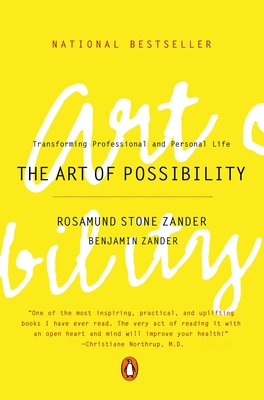Erin Anacker is a recovering web designer and a people enthusiast. Over the last year, she has transitioned pixology—her nimble little business—into a place encouraging entrepreneurship, developing community, and supporting women in graphic design. With a passionate voice, she seeks to empower others and initiate authentic conversations around design and entrepreneurship. Her recent ventures include GLIMPSE, a magazine featuring independent, female designers; and Women in Design (co), a website selling curated collaborative artwork by a rotating selection of female designers.
It was with every fiber of my ten-year-old body that I resisted any form of reading. I especially hated reading aloud. What’s the point? I already know how to read. Why continuing doing the most boring thing in the world? Plus, I was terrible at it. “Sounding it out” is quite possibly the worst advice you could give a kid learning written language, English spelling being unpredictable and inconsistent.
I was an incredibly energetic, sassy, and silly kid. I really didn’t have time to read. There was so much more of the world calling for my active participation. Why sit passively when I could play spy games with the other ninjas and spies of the neighborhood? (FYI, the sweep of street lights are force fields.)
Unfortunately, reading did not come easily for me, physically or mentally. It was hard to sit still. To pay attention. To have patience for the slow passing of words and for my own clumsy navigation. I’m fairly certain this had little to do with my innate abilities and everything to do with a lack of inspired teaching.
However, I made my way through high school without too much struggle—just a few frustrating, tear-filled, late nights when my mom would stay up late to help me write papers. My parents saw my issues with reading as more critical than I remember them to be. Thank goodness. I’m not sure how, but I know my path would have been different. They enrolled me in the reading program at Sylvan Learning Center my sophomore year. Though there was no “aha” moment or ignition of enthusiasm for reading, I got better at it.
Fast forward to my first college paper. I failed, miserably so. I continued to struggle with grasping more than surface-level plots, especially in times of strain and panic. A blank screen at 11:30pm the night before the paper was due didn’t exactly set me up for success. Luckily, my professor—who remains one of the more influential—took a special interest in me. With his encouragement and belief in my potential, I began to read with more clarity and understanding, and even, a bit of interest.
It wasn’t until a couple of years ago that I really struck up a love affair with the written word. I wonder if I was just a late bloomer. Something did change around age 26. I felt my mind expand and engage with the world in new way. Now, at age 29, I’ve read more than 50 books in the last two years, as opposed to the two or three of years past.
Just last winter, I picked up The Art of Possibility: Transforming Professional and Personal Life by Rosamond Stone Zander and Benjamin Zander, recommended to me by my friend Sarah Bray, a fabulous lady and voracious reader. The Zanders present a new way of approaching relationships, creativity, and self-engagement. Their framework forces a fundamental shift, questions the assumptions our brains have fixed as truth, and introduces world-altering objectivity where anything is possible.
I am particularly enamored with this book. In fact, I am going to read it again—absorb the pages into my life. What I love most about the content is the idea that we can become what we have always dreamed. In the deep veins of possibility, we can love and create. In the most real way, we can grow into our potential. We can even learn to enjoy something we once resisted and overcome the insecurities that once held us back.


